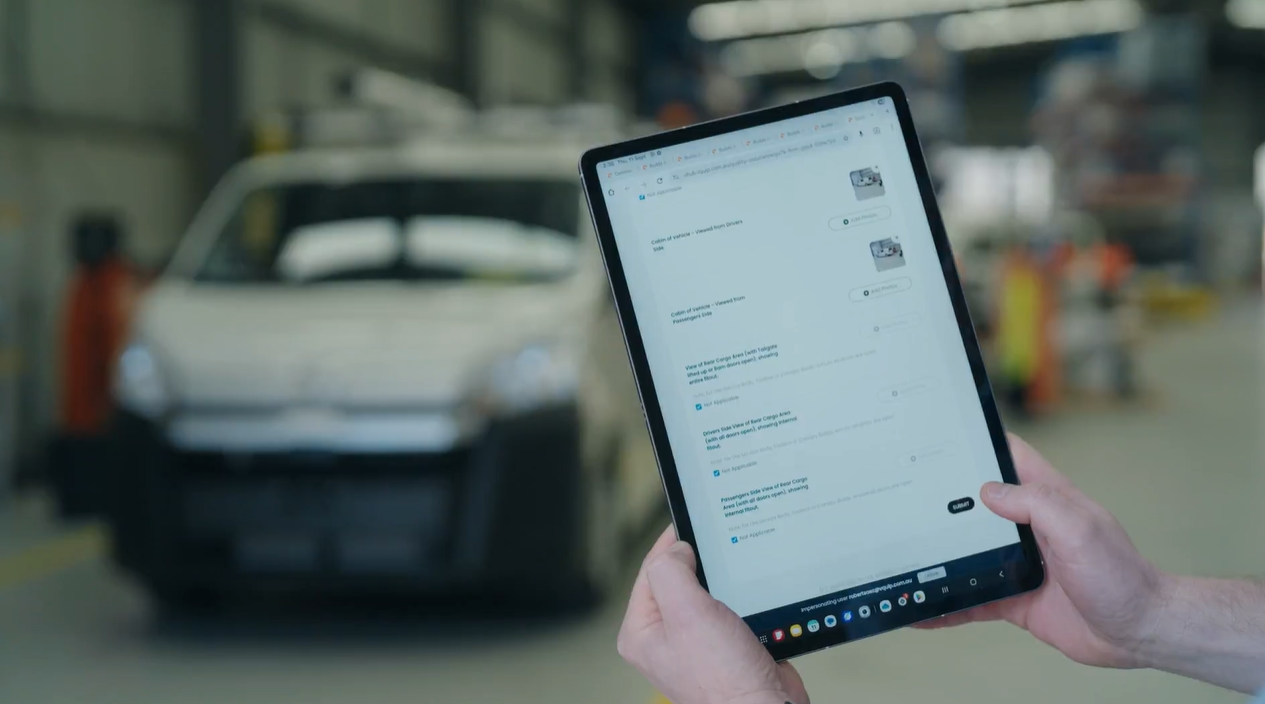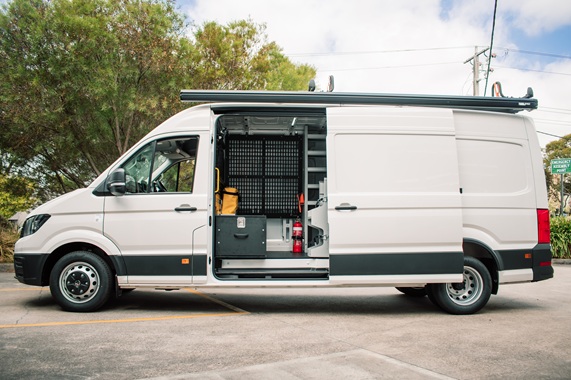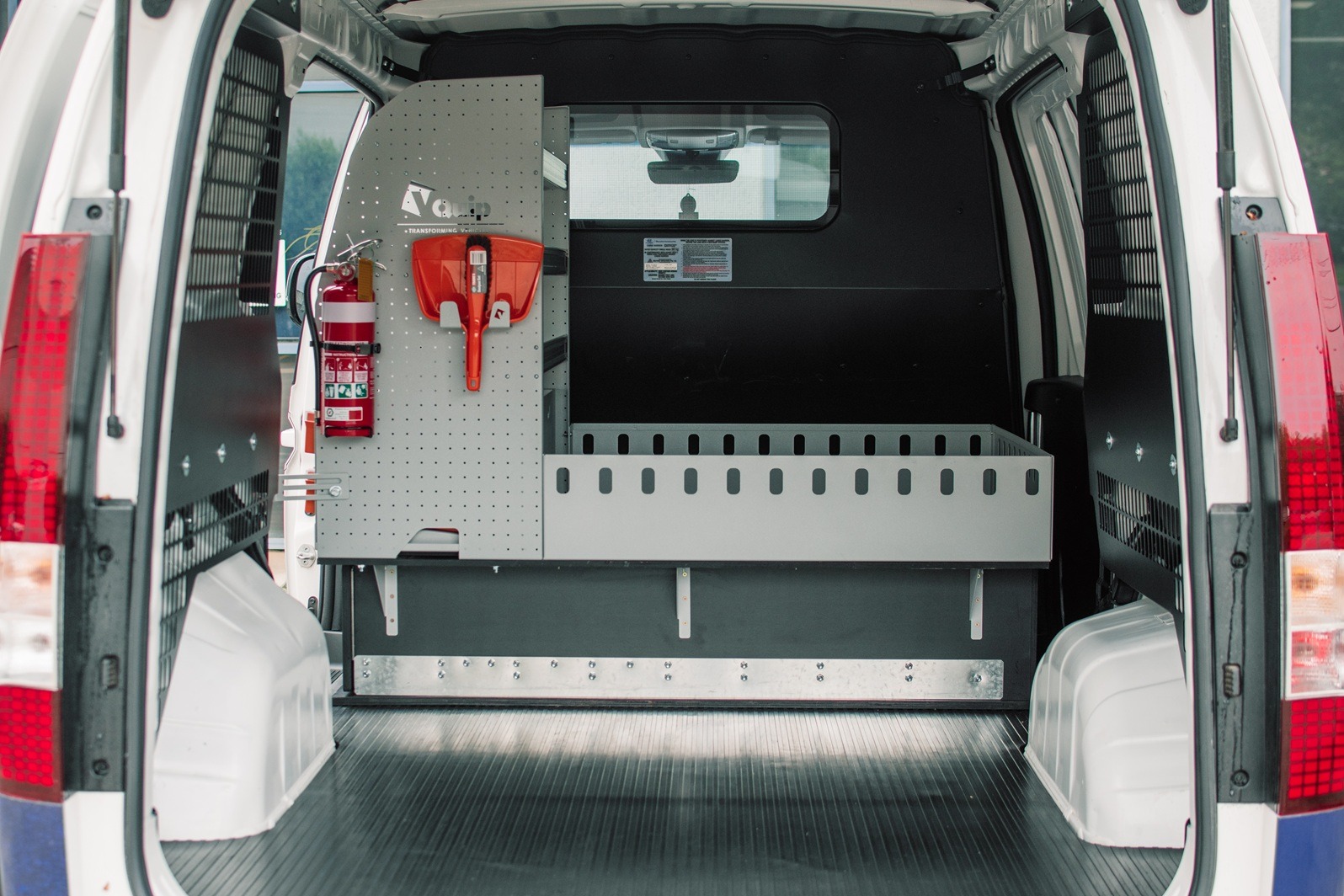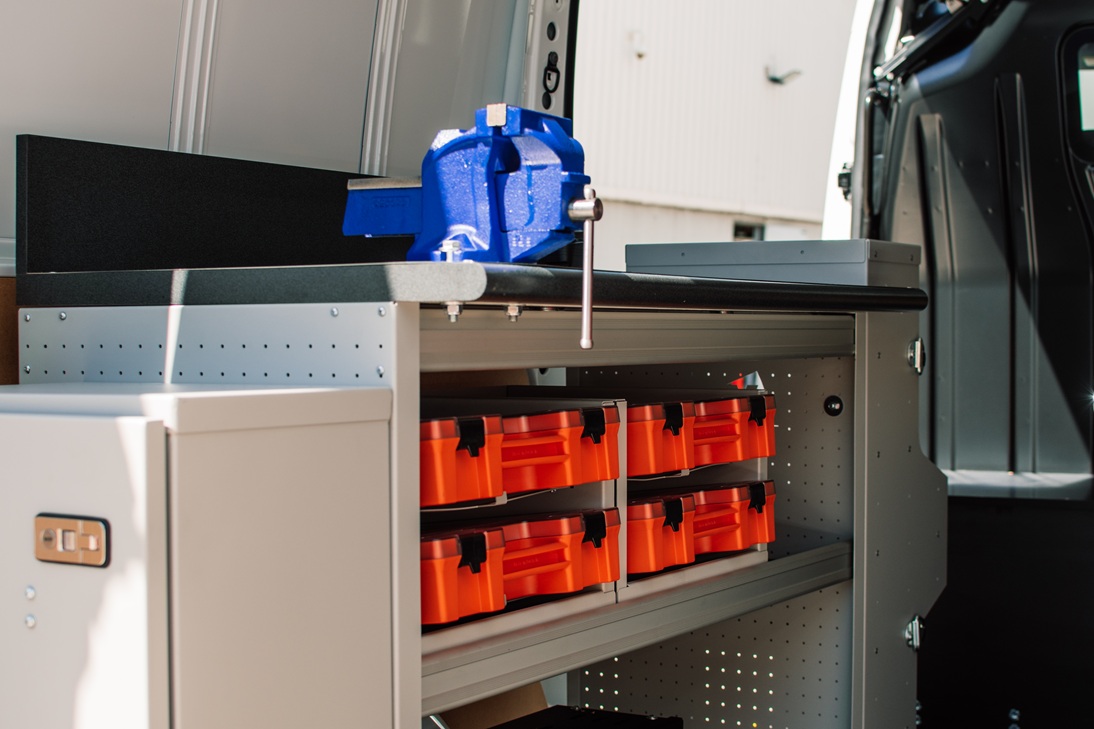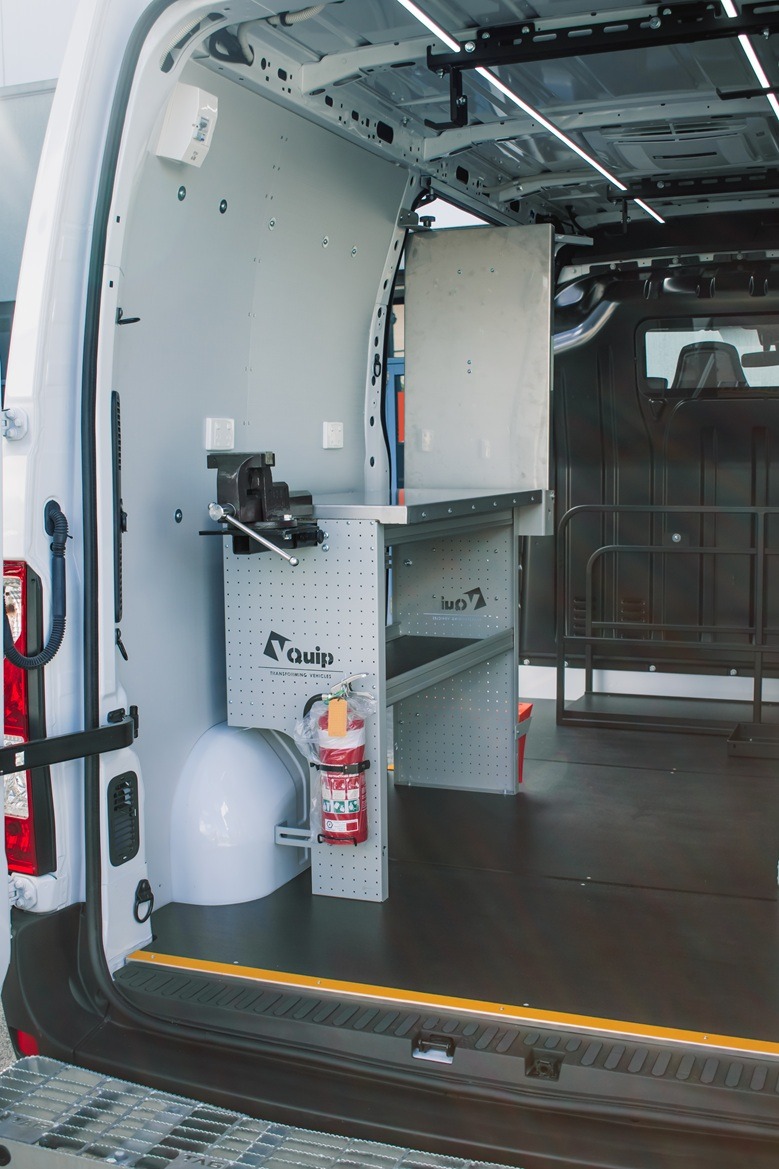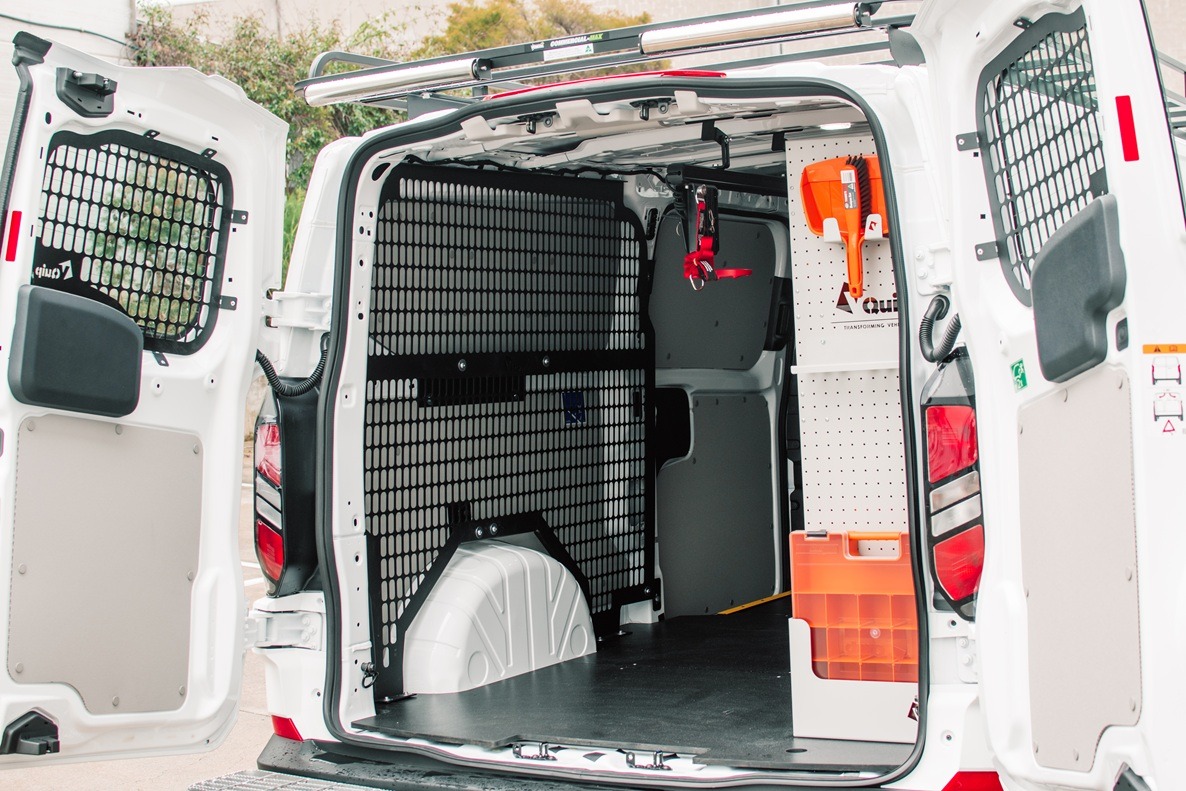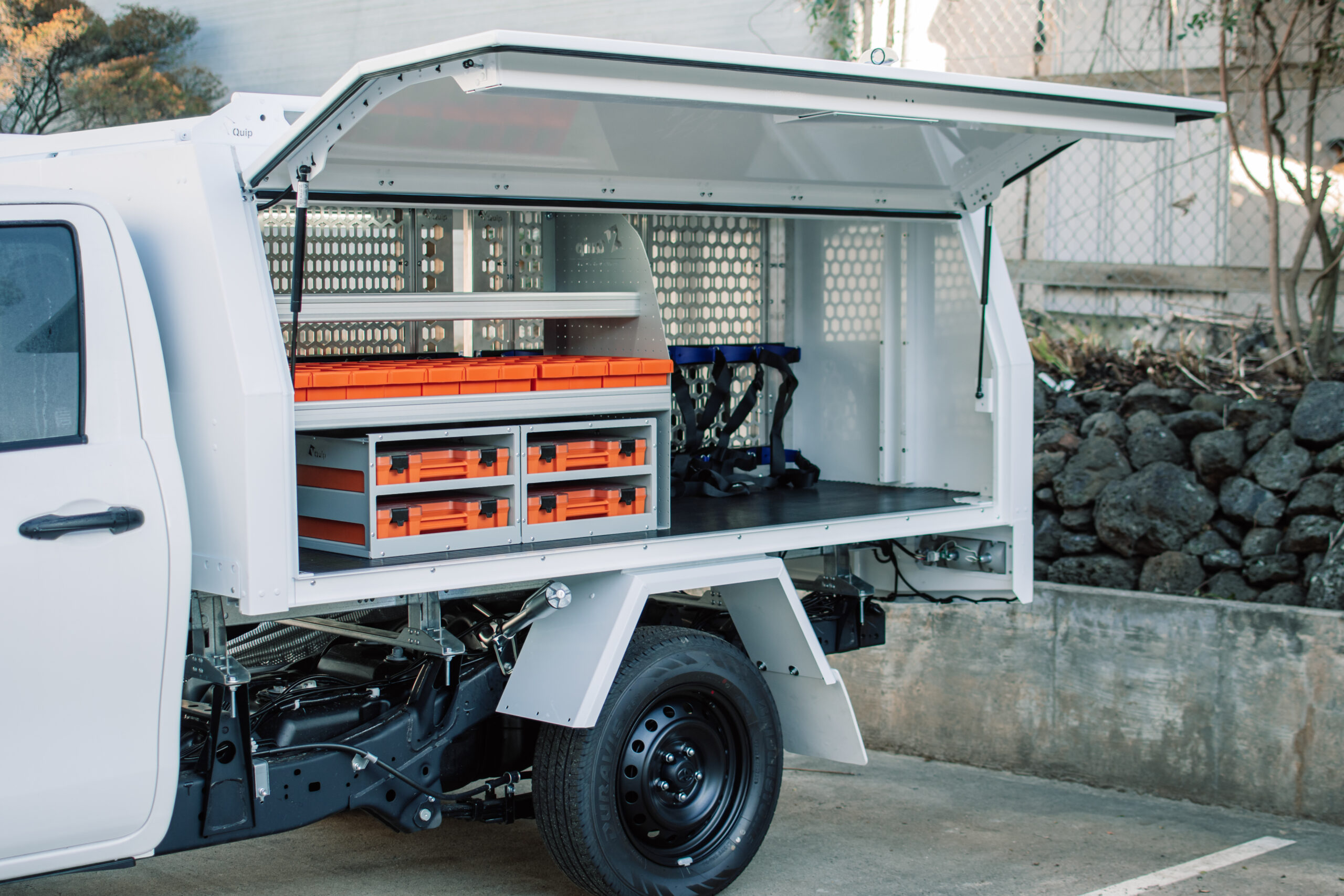
Understanding Vehicle Identification: VIN, Registration, and Stock Numbers Explained
Jun 30, 2025
When managing a commercial fleet, it’s essential to understand how each vehicle is identified — not just for compliance and registration, but for accurate quoting, fitouts, and lifecycle tracking. At VQuip, we regularly work with multiple identifiers when managing vehicle fitouts across large-scale rollouts.
So what’s the difference between a VIN, a rego, and a stock number — and why do all three matter?
Let’s break it down.
- VIN (Vehicle Identification Number)
The VIN is the most important and universally recognised identifier for a vehicle.
What is it?
A 17-character alphanumeric code that uniquely identifies a specific vehicle. Think of it like a fingerprint — no two vehicles have the same VIN.
Where can you find it?
- Stamped into the chassis or engine bay
- On a metal plate near the driver’s side windscreen
- On the compliance plate
- In vehicle documentation (e.g. rego papers, insurance)
Why is it important?
- It confirms the exact make, model, engine type, and year of manufacture
- Crucial for compliance, insurance, recalls, and registrations
- At VQuip, we use VINs to verify vehicle specs before starting a custom fitout – especially important when similar models have small configuration differences (e.g. sliding door vs barn door, SWB vs LWB)
- Registration Number (Rego)
The rego is the vehicle’s license plate number assigned by the state transport authority.
What is it?
A number (or number/letter combination) that identifies the vehicle for road use, tolls, enforcement, and public records.
Why is it important?
- It’s how the vehicle is tracked on the road and through government systems
- Used in day-to-day business operations, tolls, fuel cards, and service bookings
- Useful when booking a fitout installation or delivery after the vehicle is registered — especially when matching the physical vehicle to internal fleet records
Limitations:
- Can change if a vehicle is sold interstate or re-registered
- Not unique for life — unlike a VIN
- Stock Number / Internal Reference Number
The stock number is usually an internal ID used by dealerships, leasing providers, or fleet managers.
What is it?
An internal number assigned to a vehicle for inventory, tracking, or fleet rollout purposes.
Where is it used?
- At dealerships: to track incoming vehicles in stock
- At leasing companies: to track customer vehicles before handover
- At VQuip: stock numbers are often used in early build scheduling, before VINs or rego numbers are known
Why is it helpful?
- Lets fleet managers or account managers refer to vehicles before registration or delivery
- Can link back to purchase orders, contracts, or fitout planning schedules
Why All Three Matter in Fleet Fitouts
At VQuip, we interact with all three identifiers throughout different stages of the vehicle lifecycle:
| Stage | Identifier Used | Purpose |
| Pre-delivery (scheduling, quoting) | Stock Number | Internal tracking and early scheduling |
| Pre-fitout planning | VIN | To confirm vehicle specs and layout options, and to match completed builds to customer records |
| Onsite handover / invoicing | Rego | To match completed builds to customer records |
Being precise with vehicle identifiers helps reduce errors, ensure the correct fitout design, and maintain transparency across large-scale rollouts — especially when working with leasing companies, OEMs, and contractors nationwide.
Final Thoughts
VINs, regos, and stock numbers each play a distinct role in managing commercial vehicles. Understanding the difference — and when to use each — ensures smooth operations, compliance, and communication between stakeholders.
Whether you’re overseeing a national fleet rollout or preparing a single vehicle for fitout, clarity on vehicle identification is key. And at VQuip, we make sure every vehicle is tracked and delivered with precision — from stock number to final rego.
Need help preparing your next fleet fitout?
We can work with your vehicle suppliers and leasing providers to streamline handovers and ensure nothing slips through the cracks.
📩 Get in touch with the VQuip team to find out how we can support your fleet from order to fitout.
